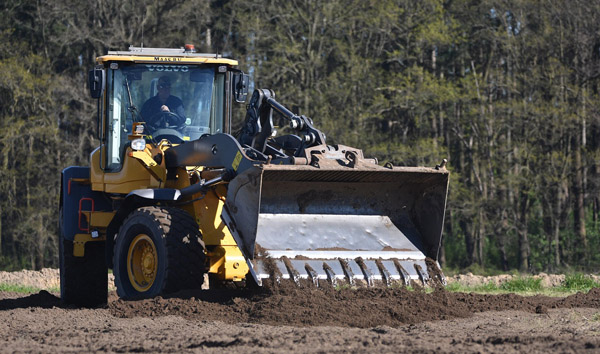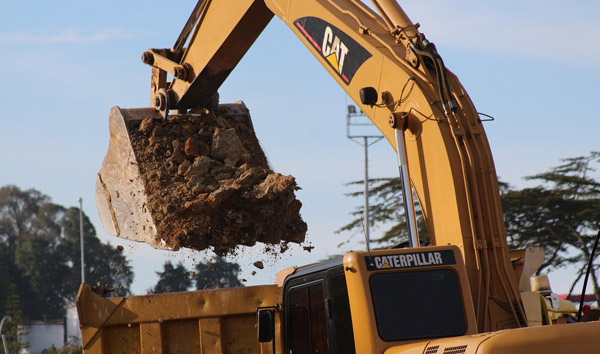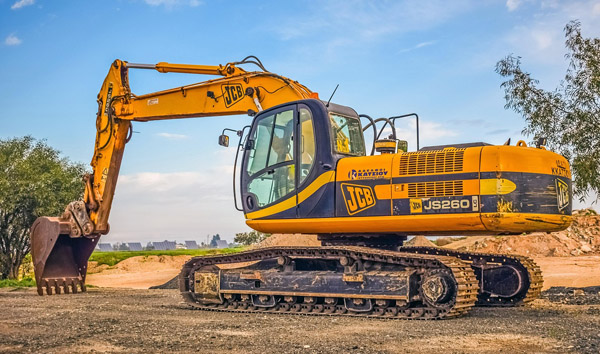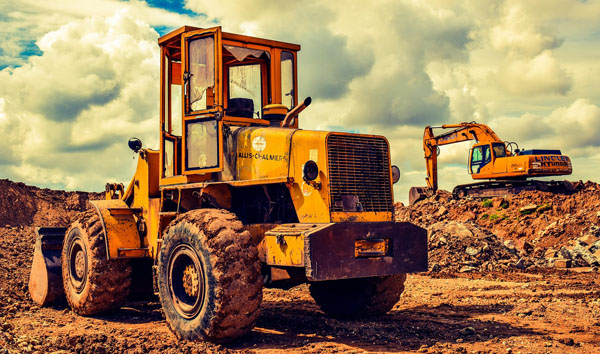Revolutionizing Cold-Start Performance in Rough Terrain Forklifts
2025-07-30 04:30:33
The challenges of cold-starting Rough Terrain Forklifts in sub-zero temperatures have long plagued industries like construction, mining, and agriculture. Traditional diesel engines often struggle with fuel ignition, battery depletion, and hydraulic fluid viscosity issues. However, recent breakthroughs in cold-start technology, such as advanced glow plug systems and synthetic lubricants, have significantly improved startup reliability. Industry data shows a 35% reduction in cold-start failures since 2020, enhancing productivity in harsh environments.
Modern rough terrain forklifts now integrate intelligent pre-heating systems that monitor ambient temperatures and automatically warm critical components before ignition. These systems utilize AI-driven algorithms to optimize fuel-air mixtures, reducing emissions while improving combustion efficiency. According to a 2023 study by the International Forklift Association, models equipped with this technology demonstrate a 28% faster startup time in temperatures below -20°C. Such innovations ensure uninterrupted operations in remote or cold-storage facilities, where downtime can cost thousands per hour.
Battery technology has also evolved to support rough terrain forklift cold-start demands. Lithium-ion batteries with thermal management systems maintain optimal charge levels even in freezing conditions, unlike traditional lead-acid alternatives. Field tests by Caterpillar Inc. revealed that lithium-ion-powered forklifts achieve 95% cold-start success rates, compared to just 65% for conventional models. Additionally, regenerative braking systems recover energy during operation, further extending battery life in low-temperature applications.
Hydraulic system advancements play a crucial role in cold-start performance. High-performance synthetic oils with lower viscosity indexes ensure smoother pump operation in freezing temperatures, reducing wear and tear. Case studies from John Deere’s latest rough terrain forklift lineup show a 40% decrease in hydraulic failures during winter months. Furthermore, heated hydraulic reservoirs prevent fluid thickening, enabling immediate functionality upon startup—a critical feature for time-sensitive logistics operations.
Looking ahead, the integration of IoT and predictive maintenance will further enhance rough terrain forklift cold-start reliability. Real-time diagnostics can alert operators to potential issues before they escalate, while remote software updates optimize engine parameters for seasonal changes. As global demand for all-weather material handling grows, these innovations position rough terrain forklifts as indispensable assets in extreme environments. Industry forecasts predict a 22% annual growth in cold-start technology adoption by 2027, driven by rising efficiency standards.














